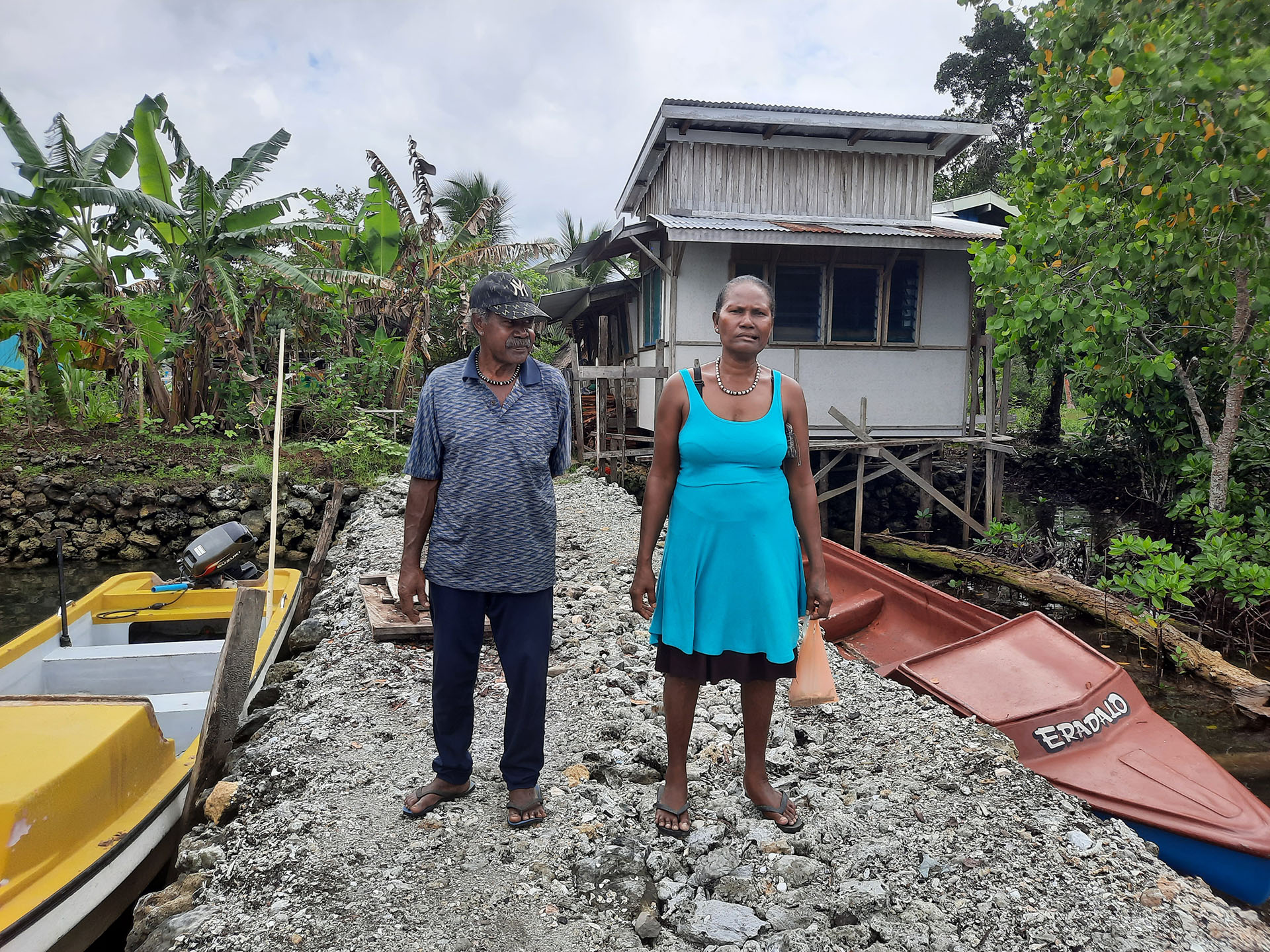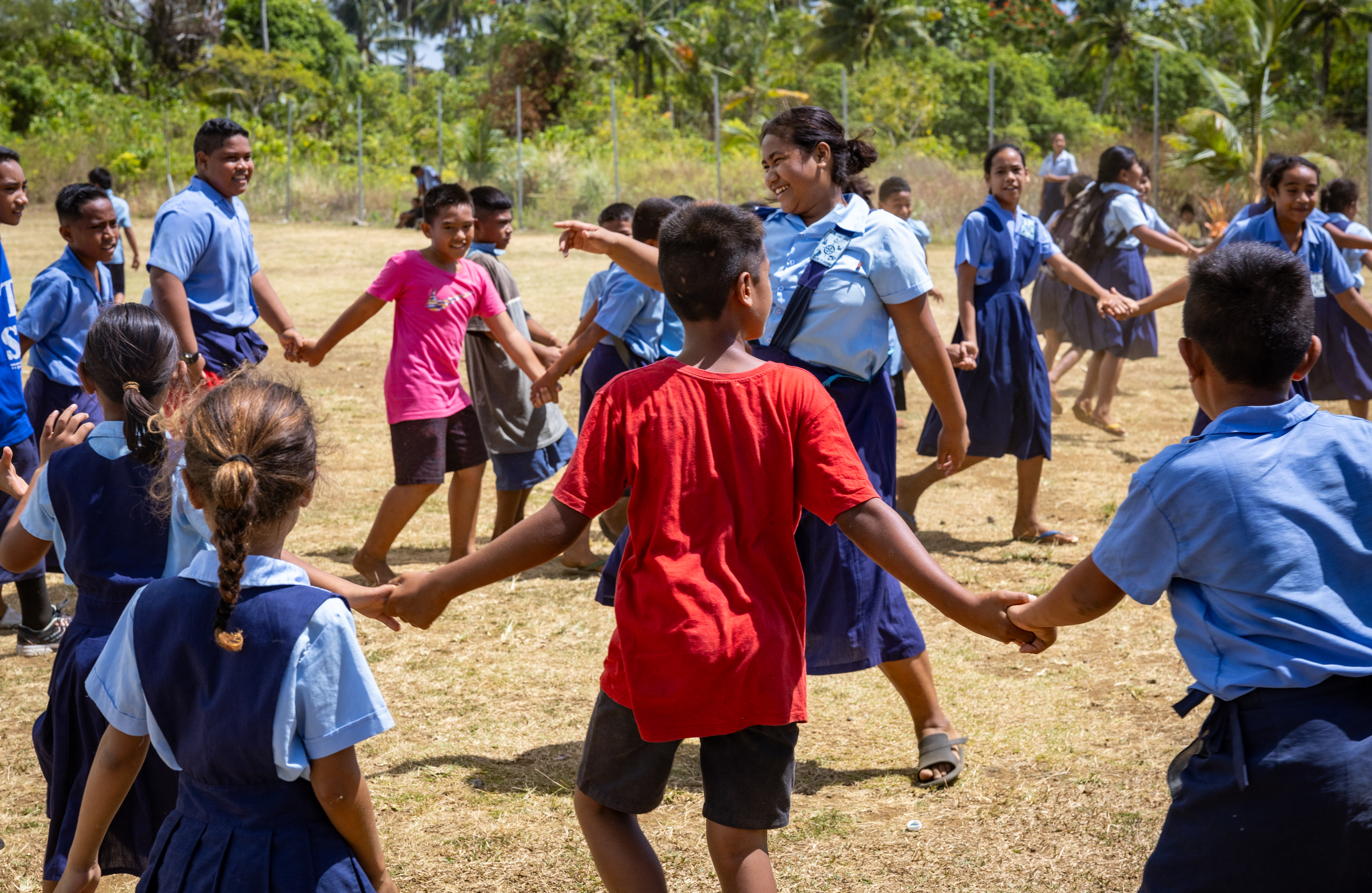In late July 2025, the International Court of Justice unanimously declared that states are legally bound to protect human rights—such as health, life, water, food and housing—from climate harm.
What does this ruling mean?
It makes climate change a matter of legal responsibility, holding high‑emitting nations to account.
It followed six years of hard work from climate leaders in Vanuatu – spearheaded by a group of law student, leading to an advisory opinion that could reshape the global response to climate change.
What did the ICJ ruling say about climate and human rights?
The ICJ found that existing international agreements - such as the Paris Agreement and the UN Framework Convention on Climate Change (UNFCCC) - are not sufficient to protect vulnerable populations from the impacts of climate change.
The Paris Agreement, while a powerful tool, is focussed on procedural and reporting requirements, and providing a framework for countries to develop their own climate goals. While it does acknowledge human rights in its preamble, it does not legally connect climate inaction to a breach of human rights.
The ICJ therefore found it necessary to link climate change directly to human rights law. In doing so it affirmed that states have legal obligations to prevent harm to rights including the right to life, the right to health, and the right to an adequate standard of living - encompassing access to water, food, and housing.
Why is this a watershed moment for Pacific communities?
This recognition therefore marks a profound shift: climate change is no longer just an environmental or economic issue - it is now recognised as a human rights issue.
For countries already experiencing the devastating effects of climate change, this ruling opens new pathways to justice. It strengthens the case for holding high-emitting nations accountable and reinforces the moral and legal imperative for urgent, equitable climate action.
At Caritas Australia, we welcome this decision. It echoes the voices and experiences documented in our reports Weathering the Storm and Twin Clouds, which highlight the lived realities of communities in the Pacific and beyond who are already facing rising seas, extreme weather, and food insecurity.
The ruling is a beacon of hope for these frontline communities and a call to action for the global community. It affirms that climate justice is not optional – and is instead a legal and ethical necessity.
As we move forward, we must ensure that this momentum translates into concrete action: stronger policies, fairer financing, and deeper solidarity. We stand with our partners and communities in calling for a future where no one is left behind.
How can you support climate justice now?
You can stand with Pacific communities and for climate justice by learning more about our advocacy and donating to support frontline resilience.
To hear directly from those living this reality, read our recent blog featuring Voices from the Solomon Islands on climate change.
You can also become part of the Earthcare Community, following like-minded Catholic parishes, schools, organisations and households committed to caring for our common home.

















